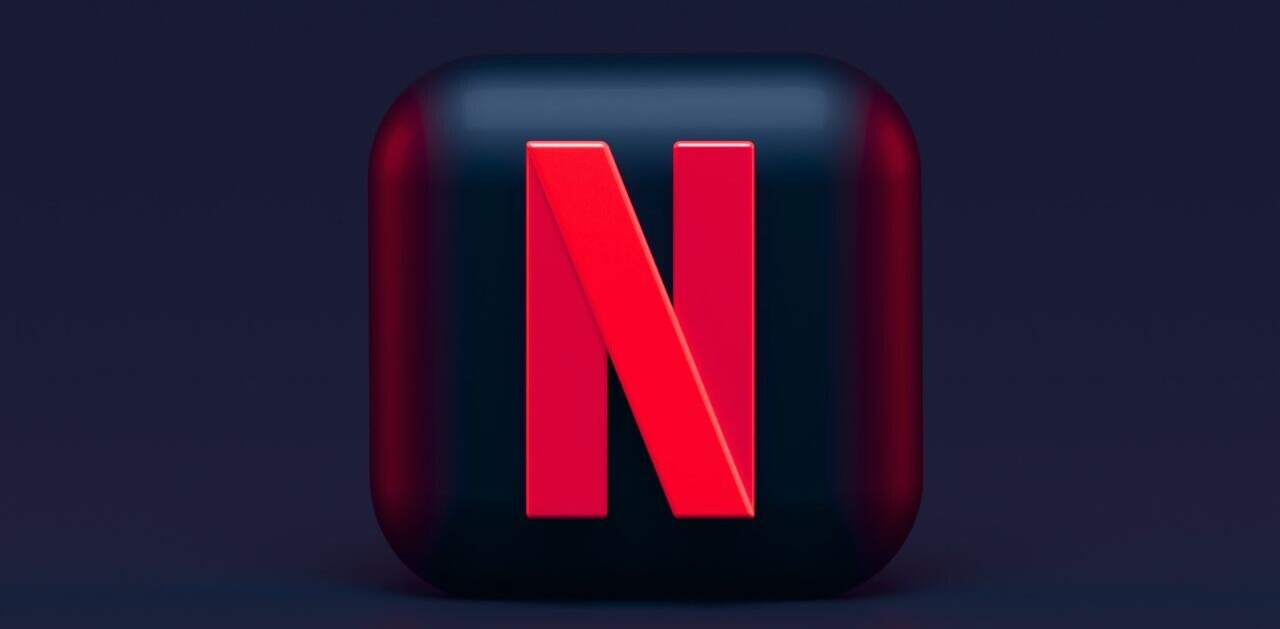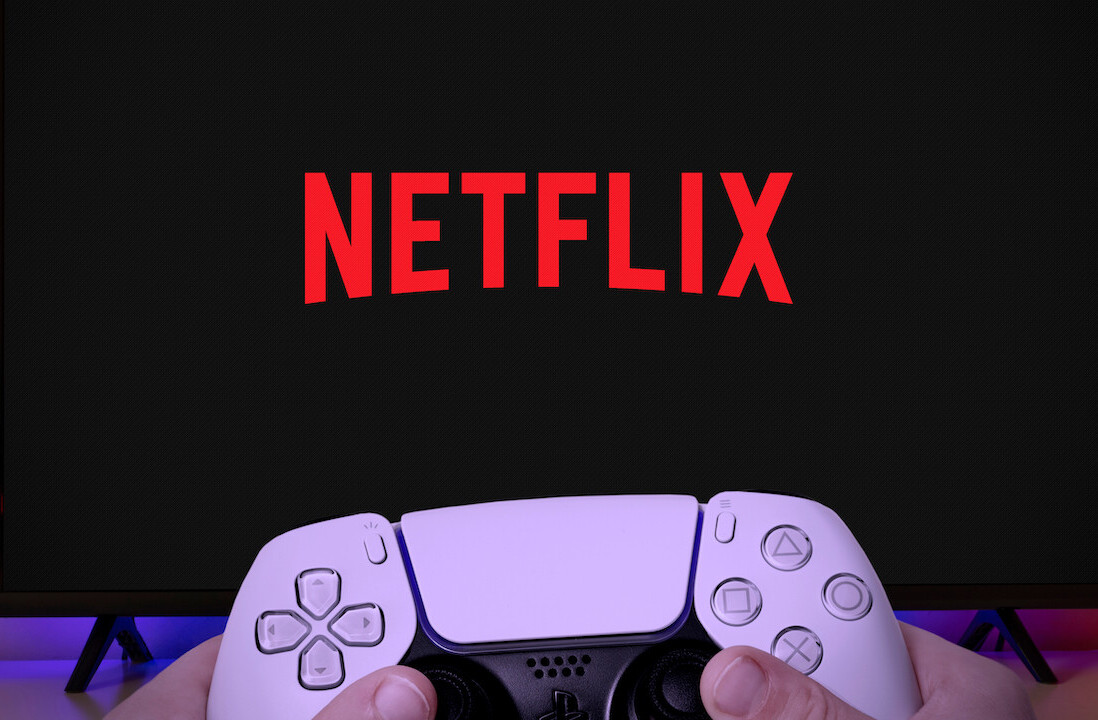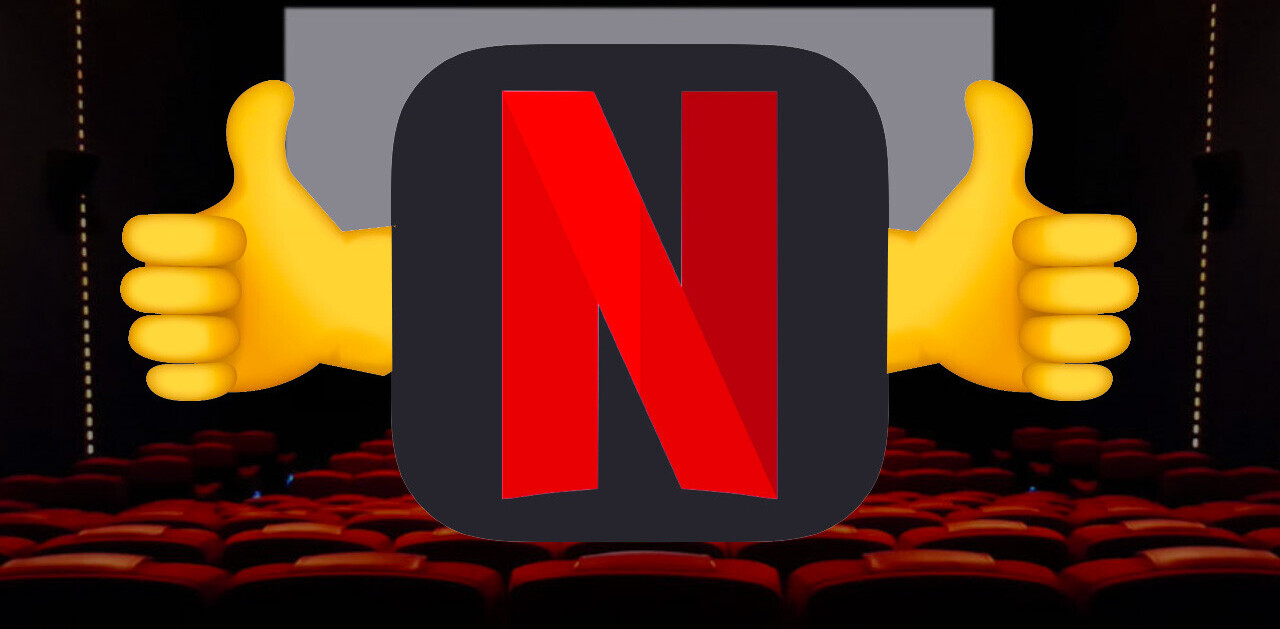
Last week, Netflix Chief Content Officer Ted Sarandos suggested that when the company launches in a new territory, and as the service’s traffic grows, BitTorrent traffic takes a hit. The statement came in response to the question “What are you doing to combat piracy?” BitTorrent on Monday decided to hit back at the allegations.
For reference, here’s the full comment courtesy of Stuff.tv:
One of the things is we get ISPs to publicise their connection speeds – and when we launch in a territory the Bittorrent traffic drops as the Netflix traffic grows. So I think people do want a great experience and they want access – people are mostly honest. The best way to combat piracy isn’t legislatively or criminally but by giving good options. One of the side effects of growth of content is an expectation to have access to it. You can’t use the internet as a marketing vehicle and then not as a delivery vehicle.
BitTorrent’s response, meanwhile, is as follows:
We strongly agree with his perspective that making more good content more accessible will curb piracy. However, we want to take a moment to correct two of his comments. The first issue is the application of BitTorrent as a synonym for Internet piracy. The second is the assertion that BitTorrent traffic drops as Netflix is introduced to new markets. Neither statement is true.
In regards to the first comment, BitTorrent has been working hard to distance itself from piracy. Late last year, the company launched a site, DoesBitTorrentEqualPiracy.com, where it lists over 50 ways the technology has helped the Internet build and distribute great content, noting for example that companies like Facebook, Wikipedia, Blizzard, and Twitter use the protocol to scale code deployment.
BitTorrent further emphasized today that its protocol was designed to move data, not for piracy, and that the company has never hosted, indexed, nor endorsed infringing content. Instead, BitTorrent says it has more than 2 million pieces of legal and licensed content in its ecosystem (while Netflix has previously said it has 60,000).
As for the traffic comment, BitTorrent says the explanation is quite simple: in 2009, it implemented a micro transaction protocol (μTP) to help fight Internet congestion. According to the company, μTP dials back BitTorrent traffic during peak hours in order to give priority to other applications, including Netflix.
“In doing so, we saved the ISPs a lot of money and public relations headaches,” BitTorrent says. “We did so at our own cost, because it was the right thing to do for the Internet and the people who rely on it.”
BitTorrent ended its post by hinting that it is willing to work with Netflix. While Sarandos suggested 4k could one day evolve as a streaming-only format, BitTorrent suggested it could help the company transfer all the data it needs to pull that off.
Top Image Credit: Michael Faes
Get the TNW newsletter
Get the most important tech news in your inbox each week.




